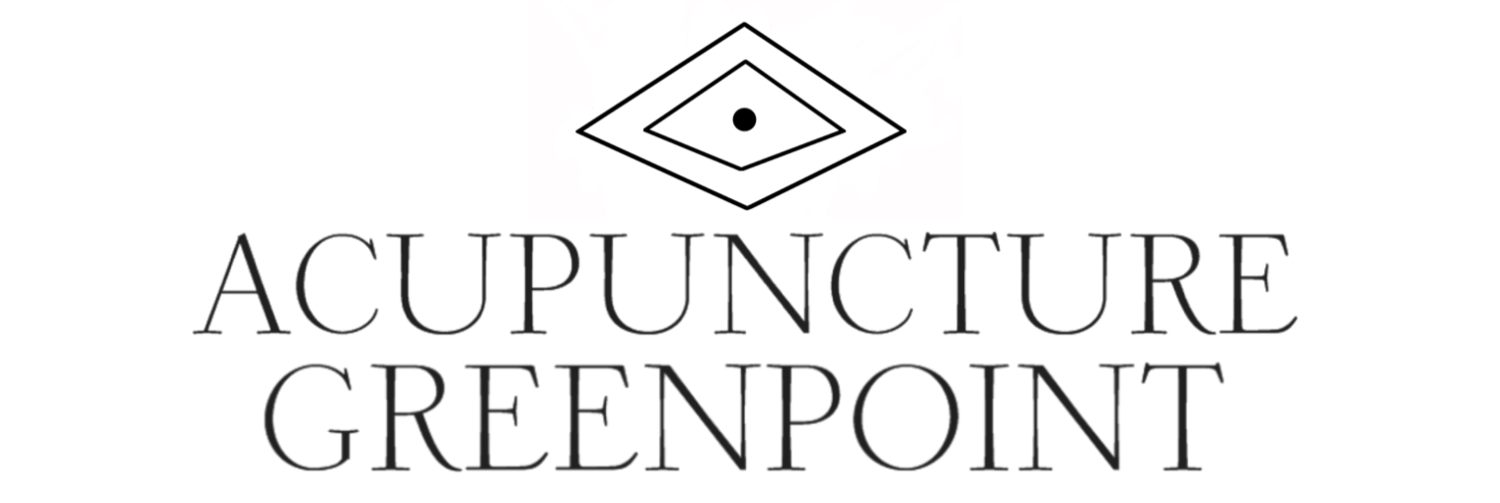Acupuncture for Health & Wellness
How to Prepare for Your Appointment
Please arrive to your appointment in loose and comfortable clothing.
Eat a small meal no less than an hour before your treatment. You may become lightheaded on an empty stomach or conversely feel uncomfortable lying down if overly full. And stay hydrated, as always!
Bring hard copies of any relevant medical documents with you.
Do not brush your tongue. In Traditional Chinese Medicine, the tongue is an important diagnostic tool—like a portal to the state of your internal organ systems—so please do not brush your tongue the morning before your visit.
**NEW PATIENTS: If you haven’t already submitted your preliminary paperwork online, please bring a completed hard copy to your first appointment, or arrive 15 minutes before your scheduled session so you’ll have time to complete these documents in our office. Please also bring your insurance information if you plan to use insurance.
What to Expect
Acupuncture is an ancient modality of healing. Extremely thin, single-use needles are inserted in specific points on the body along particular meridians, based on your pre-determined diagnosis. The process is often described as painless, though you may feel a slight pressure or dull aching at the point of insertion. The needles are retained for about 30 minutes while you comfortably relax on the table. You will often feel a sensation of movement within your body during this time. This sensation has been named qi, and is your body’s vital force.
Your first appointment should take about one hour and 30 minutes, and follow ups will normally last between 50 minutes to one hour. This designates enough time for the practitioner to do a thorough intake, examine your tongue, discern your pulse, record your vitals, and perform any other pertinent examinations. This information will serve in determining a Traditional Chinese Medicine (TCM) diagnosis and an individually tailored treatment plan. The practitioner will then perform acupuncture on carefully selected points along the length of your body. All visits minimally include treatment with acupuncture (unless otherwise requested). Within the course of your treatment session, you may also receive additional healing modalities such as moxa, cupping, gua sha, and massage - determined again on an individual basis.
Efficacy, Safety, and Applicable Conditions
In a publication entitled "Acupuncture: Review and Analysis of Reports on Controlled Clinical Trials," the World Health Organization (WHO) published its findings regarding acupuncture safety and efficacy. It states:
"Generally speaking, acupuncture is safe if performed properly by a well trained practitioner. Unlike many drugs, it is non-toxic, and adverse reactions are minimal [...] Acupuncture is comparable with morphine preparations in its effectiveness against chronic pain, but without the adverse effects of morphine, such as dependency."
In this same publication, the WHO notes numerous conditions for which acupuncture, in controlled clinical trials, has been an effective treatment modality. These conditions and capabilities include:
- Sequeale of Stroke
- Hemiplegia
- Aphasia
- Bell's Palsy
- Facial Spasm
- Insomnia
- Allergic Rhinitis
- Tonsilitis
- Sore Throat
- Bronchial Asthma
- Peptic Ulcer
- Acute and Chronic Gastritis
- Nausea and Vomiting
- Morning Sickness
- Chemotherapy Induced Leukopenia
- Primary Dysmenorrhea
- PMS
- Regulating Hypothalamic-Pituitary-Ovarian Axis
- Induction of Labor
- Stimulating Lactation
- Hypotension
- Angina Pectoris
- Coronary Artery Disease
- Depression
- Stress
- Drug Dependence
- Diarrhea
- Tension Headache
- Migraine
- Facial Pain
- Craniomandibular Disorders
- Tempromandibular Joint Disorder (TMJ)
- Restricted Joint Motion
- Muscle Spasm
- Arthralgia
- Peri-Arthritis
- Cervical Spondylitis
- Fibromyalgia
- Epicondylitis
- Fascitis
- Low Back Pain
- Sciatica
- Osteoarthritis of the Knee
- Radicular Pain Syndromes
- Inflammation
- Rheumatoid Arthritis
- Gout
- Biliary and Renal Colic
- Traumatic Pain
- Post-Operative Pain
- Labor Pain
- Reduction in Duration of Labor
- Regulation of Blood Pressure
- Stimulation of Immune System
- Neuralgia
For more information, please find the original publication here: "Acupuncture: Review and Analysis of Reports on Controlled Clinical Trials"

